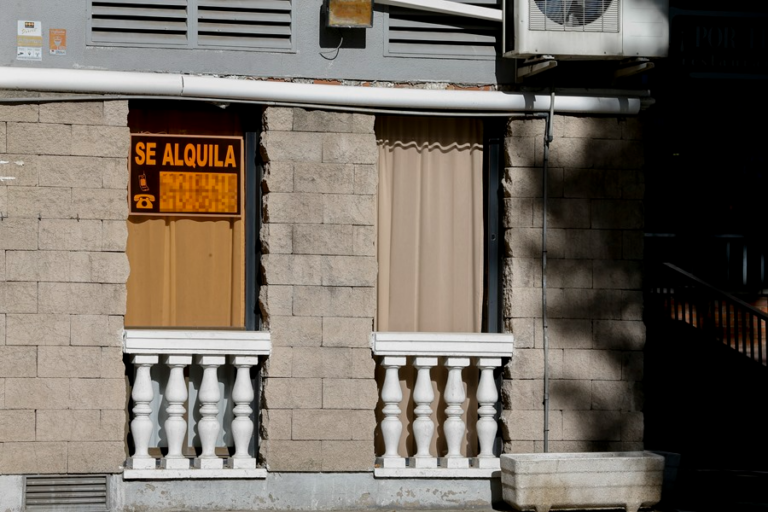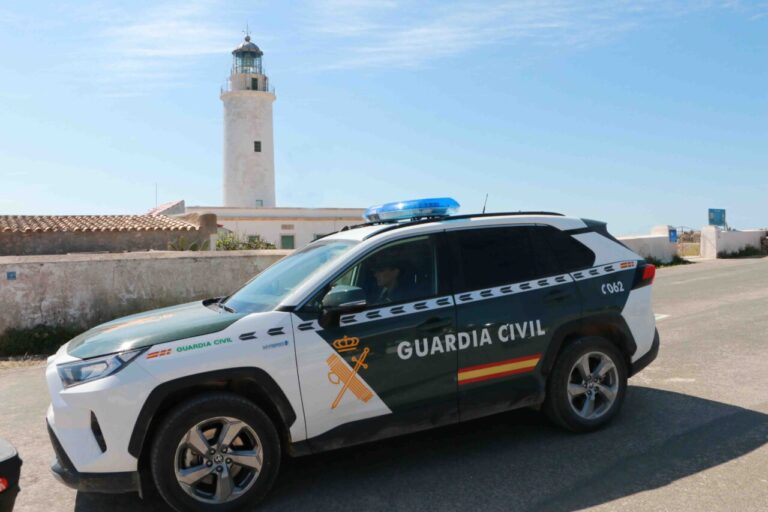The new obligations ofdocumentary registrationand information of travelers of natural or legal persons engaged in activities of accommodation and rental of motor vehicles have added in recent hours numerous criticisms of the tourism sector. Among them, those of María Costas, president of the Hotel Federation of Ibiza and Formentera (FEHIF), who believes that these are “exaggerated” requirements, which will demand a large extra burden for hotel workers and even encourage illegal tourist accommodation. “We believe that the data we were collecting was already sufficient for the Police. Instead, now the new resolution forces us to put in more data that are sensitive and exaggerated, and that we do not think are very relevant,” said Costas in statements to Radio Ibiza. “There are data such as telephone numbers, e-mail or bank account details. As hoteliers we usually avoid that they remain in the system and share them because they involve a very intimate part of the client,” he added. In addition, he remarked that “with the data from the national identity card and passport, the police have enough of a record, and with that they can access a database”. Moreover, Costas has implied that the new regulation will cause many people to avoid registered rentals. “We are not convinced by the tool. We consider that
if a person does not want to be discovered, he/she will not go to a legal tourist accommodation. This will encourage tourists who want to hide or with ulterior motives to choose illegal tourist accommodation. “.
On the other hand, the leader complained that the new regulations “will result in an excess of work and a burden on employees, which will have to be assessed and will require an adaptation”, since hoteliers will have to “put many more means to collect information”. He even considered that “check-in will be more complicated“. In any case, Costas said that they will comply with the law “to the letter”. In a similar vein, José Antonio Llano, president of the Association of Tourist Housing of Ibiza and Formentera (AVAT), told the same media, “This methodology means having to handle personal data. We are not prepared to handle all this sensitive data,” he said. And he complained that, despite the fact that “everyone is against this procedure”, “the government has pushed it through”.
Data or fines
As of today, tourist accommodations must register and communicate more detailed information on travelers (such as landline or cell phone number, or the relationship between them, in the case of a minor), the means of payment used (including, for example, the expiration date of the credit card). The measure affects hotels, hostels, guesthouses, guest houses, rural tourism establishments or similar, campgrounds and motor home parking areas . Also motor vehicle rentals without drivers. Increasing security has been the main argument of the Ministry of the Interior to promote the measure. Fines for non-compliance amount up to 30,000 euros.










